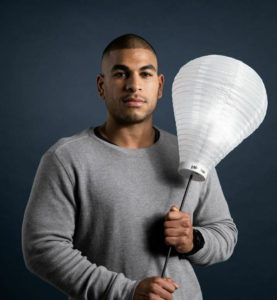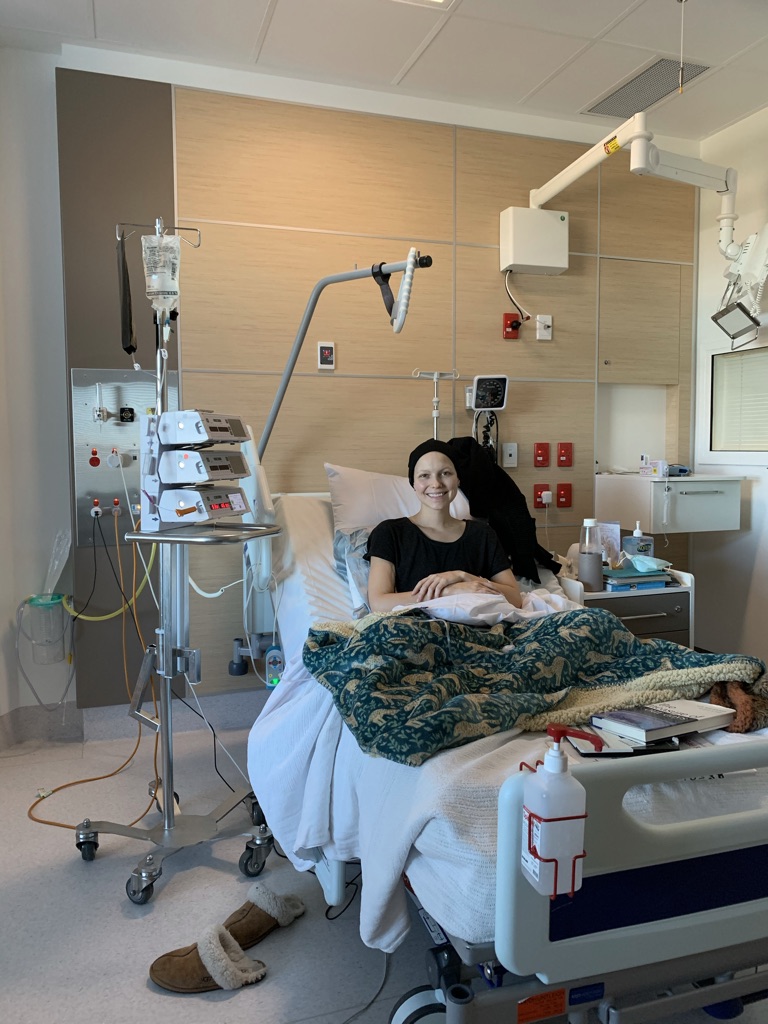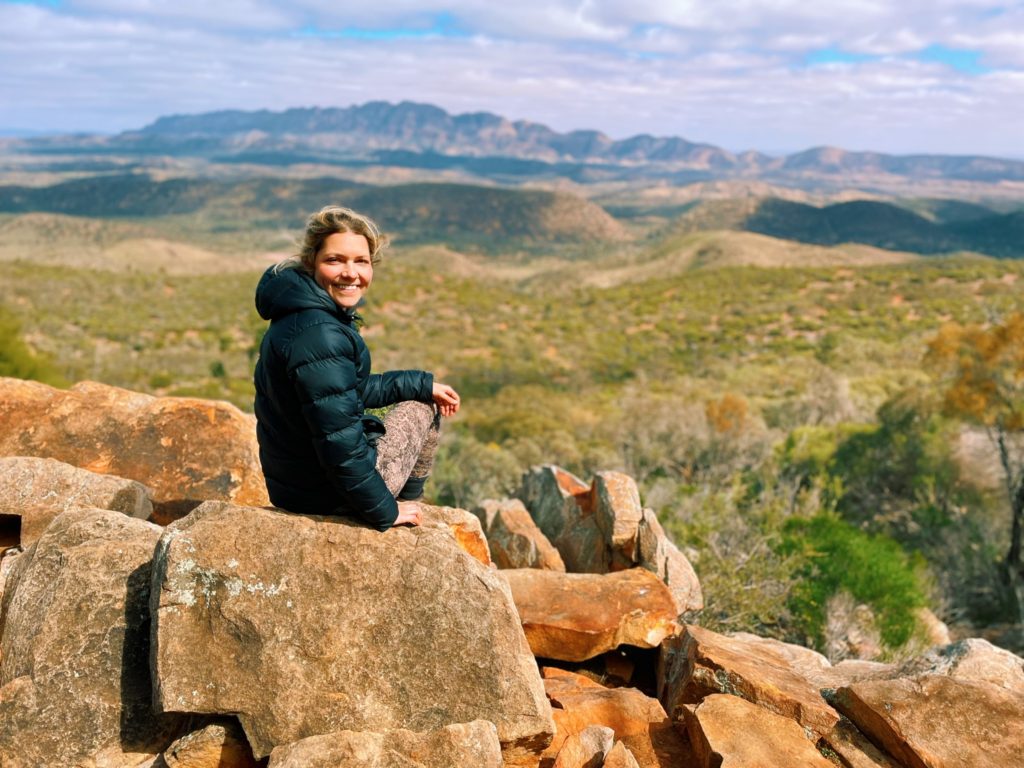Fertility, family and blood cancer
Sage and Sophie were each faced with the task of making split-second decisions about fertility preservation and plans for whether to start their respective families in the future – all within days of receiving a blood cancer diagnosis.
They shared their experiences about dealing with blood cancer and fertility.
Sage’s story

In 2017 at the age of 22, Sage Wilder was leading an active life, working and playing high level football.
But severe pain throughout his body, and lumps under his armpits and around his groin area, prompted him to consult a doctor.
“I went to the medical centre to get a blood test and a scan. That afternoon the doctor basically diagnosed me on the spot with leukaemia,” said Sage.
A bone marrow biopsy and lumbar puncture gave further insight into a treatment plan for his acute lymphoblastic leukaemia, but the big decisions were not over yet.
“After a few days at the hospital, I had a meeting with the doctors and my family about it. It seemed important for me to go to a fertility centre,” said Sage.
“I was 22 at the time, but I knew that in the future I wanted a family. So going to preserve my fertility was the best option for me and my family.”
Despite the time following his leukaemia diagnosis as something that was a bit “of a blur, everything was moving so quickly”, Sage said that the decision to freeze his sperm was one of the easiest.
“I just knew that was going to be the best outcome for myself in the future.”
After a bone marrow transplant, Sage entered remission in late 2017.
In 2020, Sage returned to the fertility centre with his partner to find out how the blood cancer had impacted his fertility since his first visit.
“We just wanted to know what was going to happen for us in the future,” said Sage. “We saw a slight increase [in sperm count] which was quite positive.”
“Five years into remission, I can thankfully say that my partner and I were able to conceive naturally,” said Sage.

“It’s a blessing and such a beautiful surprise that I’m very thankful and grateful for.”
Despite knowing that he was doing everything he could at the time to preserve his fertility, Sage wishes that he had remained more hopeful over the years following his diagnosis.
“When it came to my fertility, I was quite negative about it because everyone just thinks that your fertility will never come back. I wish I was a bit more positive about that situation.”
Sage and his partner welcomed baby Ziggy earlier this year.
Sophie’s story
Sophie Patnicroft-Gray faced a similar situation to Sage, where she had to quickly decide whether to preserve her fertility.
Diagnosed with acute myeloid leukaemia in 2019, Sophie was at the fertility center the very next morning.

Like Sage, Sophie was also given the chance to preserve her fertility prior to treatment.
“The decision was whether to freeze my eggs or to freeze embryos,” she said. “I was in a relatively new relationship which brought up all these questions – what if we break up in the future?”
“It was a lot for me to deal with – less than 24 hours after being diagnosed!” she said. “I decided to go forward with egg harvesting.”
Faced with the reality of impending daily injections to promote egg production, plus the stress of a blood cancer diagnosis, Sophie’s body responded in kind.
“The injections needed to start on the first day of my period, which unfortunately just didn’t come – I suppose due to the shock of the whole situation,” she said.
She had delayed blood cancer treatment for several weeks, in the hopes that she’d be able to start the fertility injections, until finally her doctor advised she shouldn’t wait any longer.
“I had to make the difficult decision that my life was more important, so I didn’t have the opportunity to freeze my eggs before starting chemotherapy,” she said.
“It wasn’t until I’d gotten through treatment that I really started considering – ok I really can’t have my own children, that ship has sailed for me.”

After a difficult first year following her stem cell transplant, Sophie started to consider the other ways she could be a maternal figure.
“I’ve learned it’s not necessarily about having your own biological children. I put lots of effort and work into the relationships I have with my nieces and my friends’ children,” she said.
“It’s difficult but it’s definitely a learning process, and I’m learning to adapt.”
Looking back, Sophie wishes she’d had the chance to speak to other people who had gone through blood cancer, and to explore other opportunities for fertility that she hadn’t known about before – like surgically removing an ovary and freezing it.
“At the point of diagnosis, so much was going on, so that discussion didn’t happen,” she said.
Sophie’s advice to anyone currently facing fertility decisions following a blood cancer diagnosis is to stay positive.
“You are incredibly strong, and things will be okay. Things do get better.”
Sage and Sophie shared their stories in a recent webinar run by the Leukaemia Foundation, ‘Fertility and blood cancer’. You can watch this webinar recording here and view our other upcoming webinars here.
Last updated on January 30th, 2023
Developed by the Leukaemia Foundation in consultation with people living with a blood cancer, Leukaemia Foundation support staff, haematology nursing staff and/or Australian clinical haematologists. This content is provided for information purposes only and we urge you to always seek advice from a registered health care professional for diagnosis, treatment and answers to your medical questions, including the suitability of a particular therapy, service, product or treatment in your circumstances. The Leukaemia Foundation shall not bear any liability for any person relying on the materials contained on this website.